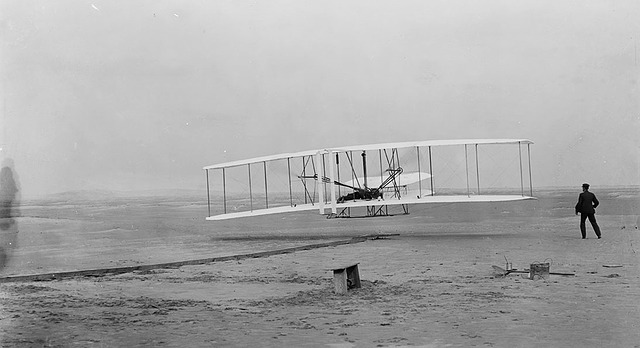April 24, 2018
The Nature of Ambition
Just like success, the nature of ambition is misunderstood. In our material world, it mostly has to do with money and material possessions. Most people would define ambition as the drive to be successful. And in this limiting outlook, this invariably connotes material wealth. In other words, most people would understand ambition as the desire to get rich (or die tryin’). My reference to these… “lyrics” is not accidental, as we shall see in a while.

What is the true nature of ambition?
If we take a look at the dictionary, ambition is
a strong desire to do or achieve something.
It is also
desire and determination to achieve success.
But neither of these definitions really tell us anything about the nature of ambition. In other words, why do we feel ambition? Understanding this, will also help us better understand what ambition really is, for the definitions above personally leave me unsatisfied.
In a way, the nature of ambition exists inherently within human nature. At least most of us have a temporal understanding of life – that is, we comprehend past, present, and future. This also allows us to have a concept of progress: we understand change, and we understand improvement. Inevitably, this leads us to wanting to bring about this change and this betterment.
Decoupling Ambition from Materialism
The best way to understand the true nature of ambition is to decouple it from material possessions (money, in other words). But in a broader context, ambition is about doing what has been considered impossible or at least impractical. With this in mind, allow me to offer my own definition of ambition:
Ambition is the personal drive that assigns meaning to an action that is otherwise impractical, unorthodox, or has been considered impossible.
When I look at Don Juan by Lord Byron – an outrageously brilliant narrative poem – I wonder, how does one find the strength to write such an extensive piece of work (with poetry that was metered and rhymed, unlike the lazy “poetry” of our time) expecting little or no remuneration?
The answer is, of course, because of ambition. It is the nature of ambition to offer both the incentive for and the meaning behind the action. Lord Byron wrote this poem because he… wanted to.
I don't show you ads, newsletter pop-ups, or buttons for disgusting social media; everything is offered for free. Wanna help support a human internet?
(If you'd like to see what exactly you're supporting, read my creative manifesto).
